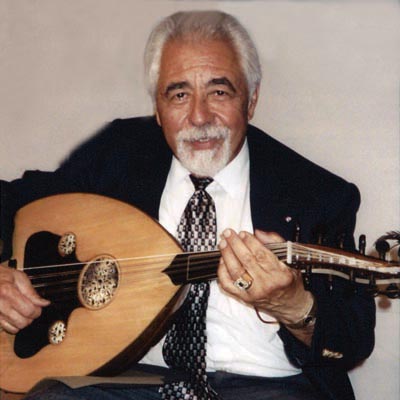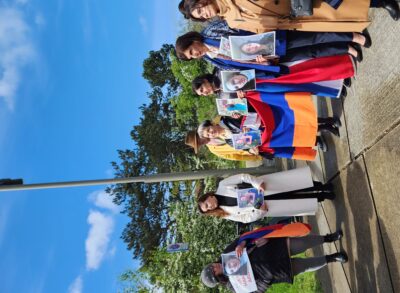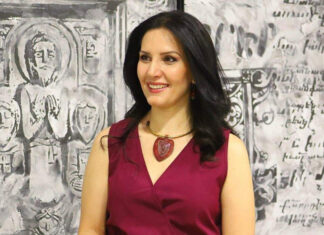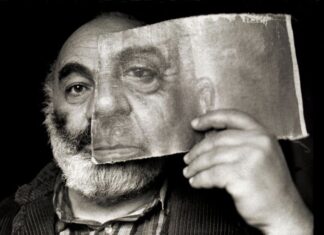FRESNO, Calif. — Dr. Yektan Türkyılmaz, Kazan Visiting Professor of Armenian Studies at Fresno State, will give a lecture, “Armenians on Records: Music Production from Homeland to Diasporas,” on Wednesday, March 7, at 7.30 p.m., in the University Business Center, Alice Peters Auditorium, Room 191 on the Fresno State campus.

The presentation is part of the Spring Lecture Series of the Armenian Studies Program.
Türkyılmaz was appointed the 14th Henry S. Khanzadian Kazan Visiting Professor in Armenian Studies for the Spring 2018 semester.
This lecture will explore the multi-directional journeys of Armenians in the recording history from the Ottoman Empire to the diasporas, particularly to the United States, in the first half of the 20th century, as musicians, producers, and merchants. Drawing on the life stories and examples of commercial records produced in the Ottoman Empire and elsewhere in the diasporas, the presentation will illustrate the changing styles, content, and language use in music production vis-à-vis place, trauma and audience/cultural dialogue throughout one of the most turbulent periods of Armenian history. The talk will specifically underscore the cultural, political, and identitarian implications of the emergence of the recording technology on Armenian communities.
The lecture will conclude with a commentary and a musical performance by the Armenian-American oriental music expert and oud virtuoso Richard Hagopian. Hagopian began playing the oud at a young age and has received numerous awards throughout his life including the prestigious National Endowment for the Arts National Heritage Fellowship Award, the nation’s highest honor given in the traditional folk arts, in 1989.
Türkyılmaz received his PhD from the Department of Cultural Anthropology at Duke University. He is currently a research fellow at the Forum Transregionale Studien in Berlin, Germany. Meanwhile, he is working on his book manuscript based on his dissertation, Rethinking Genocide: Violence and Victimhood in Eastern Anatolia, 1913-1915, concerns the conflict in Eastern Anatolia in the early 20th century and the memory politics around it.









